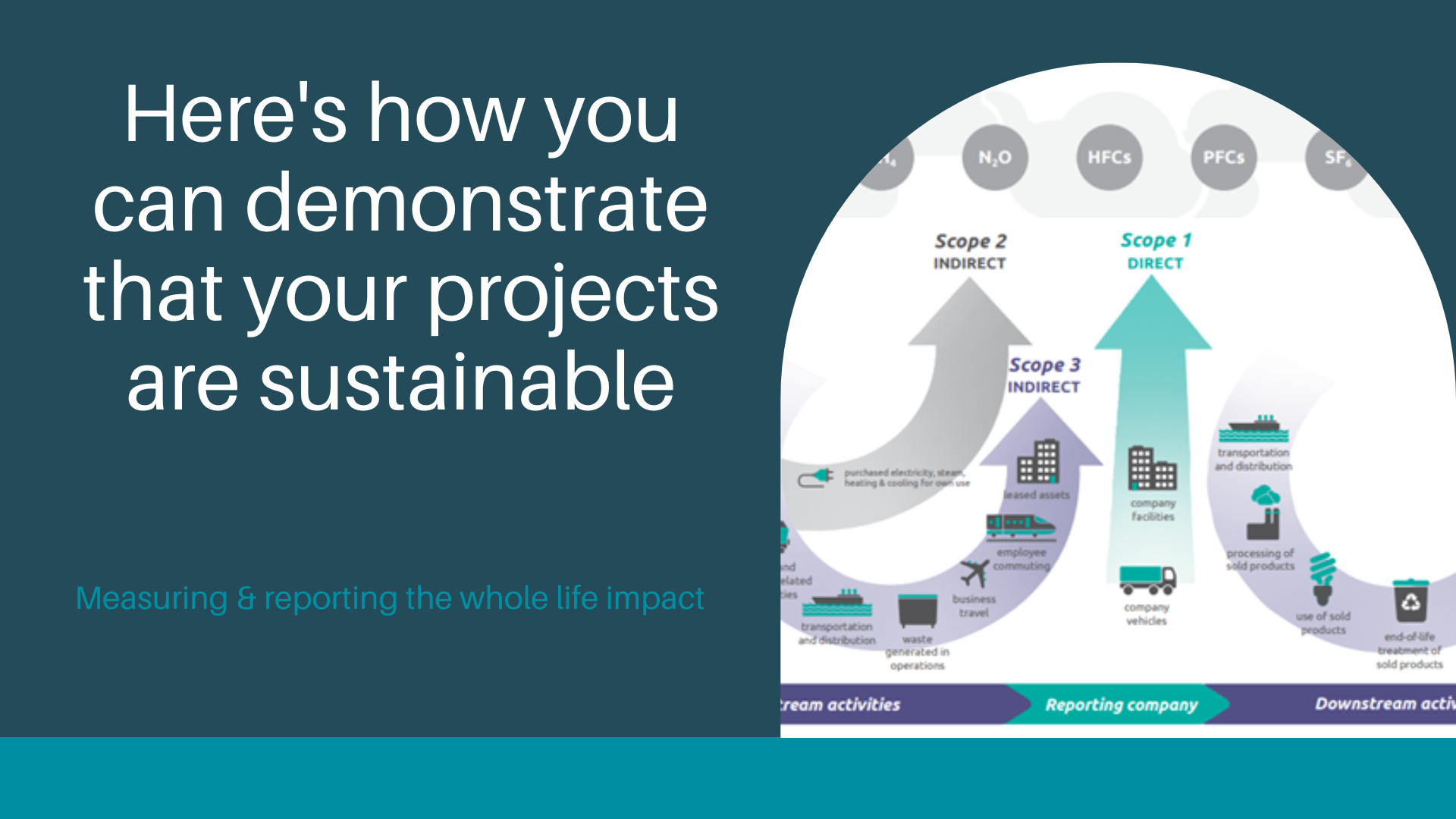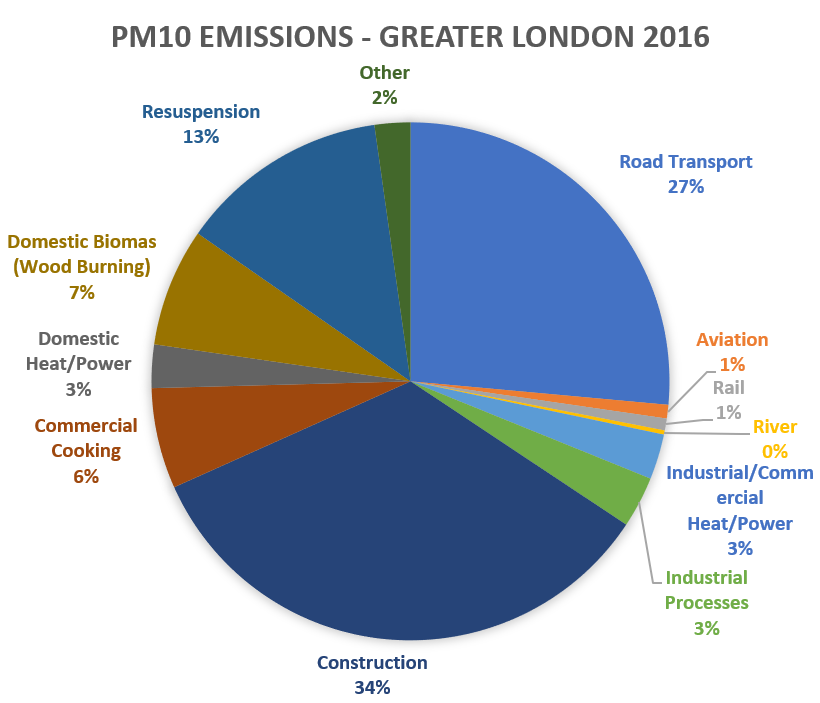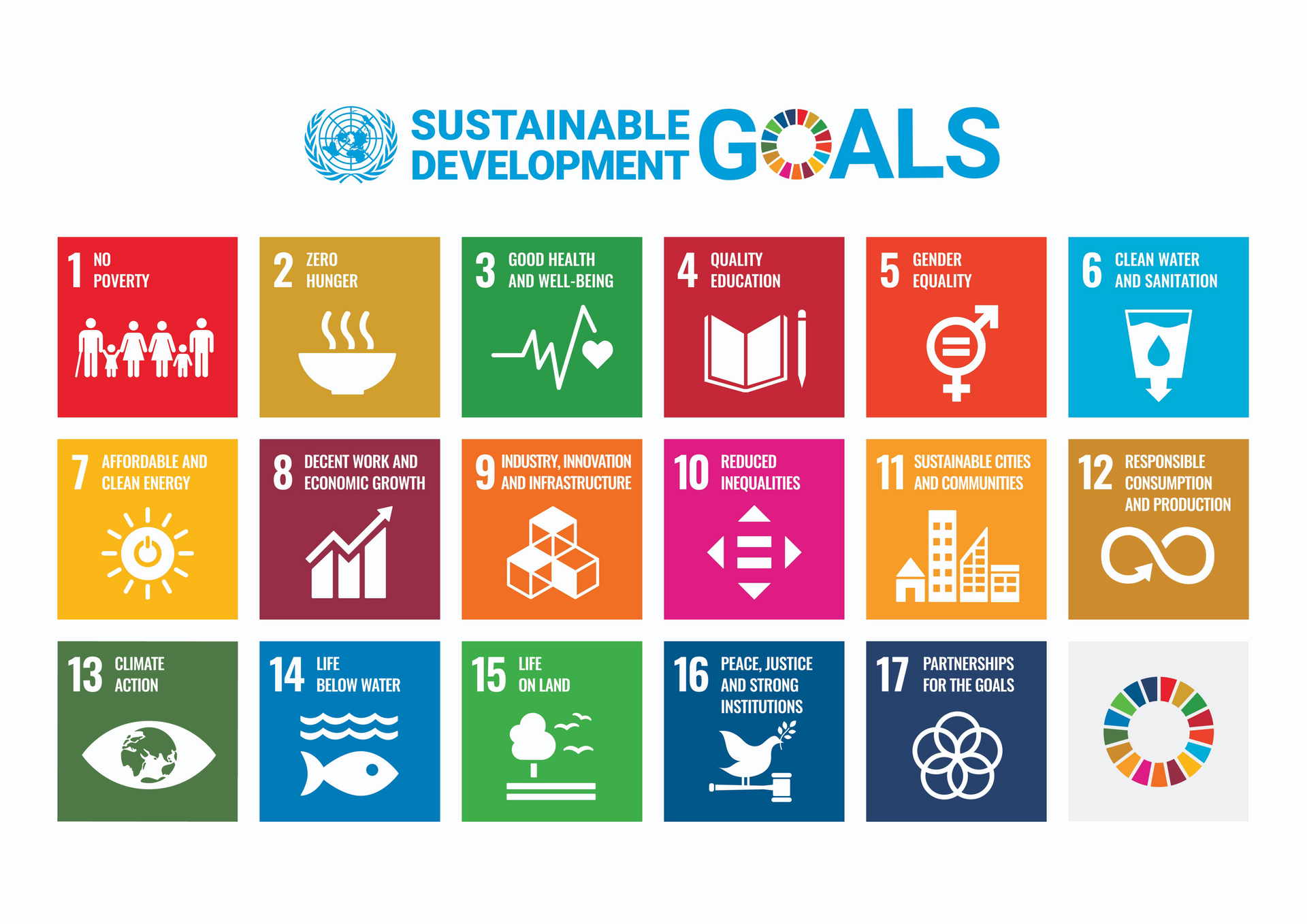
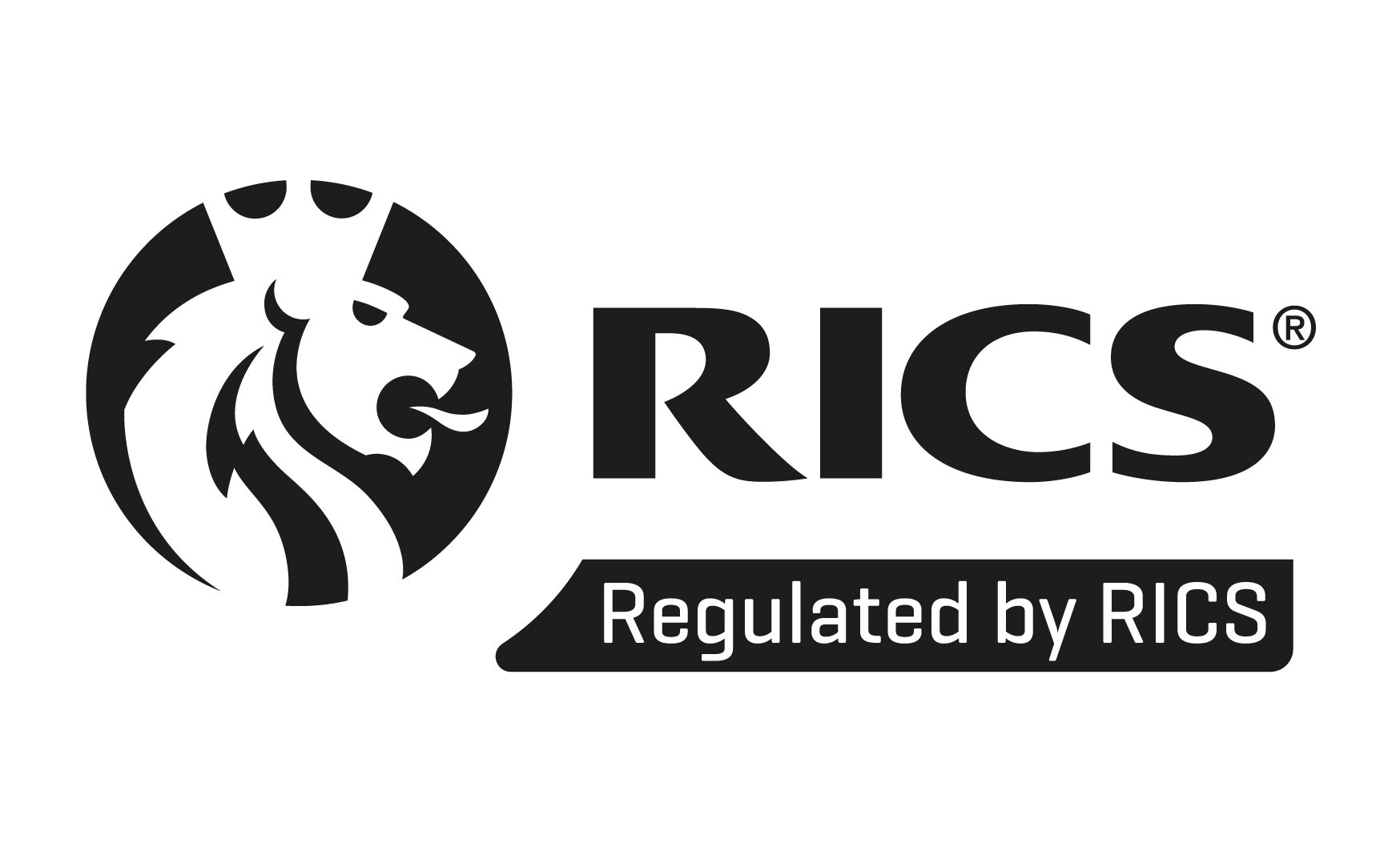
Deriving value from benchmarking
Realise multiple benefits through benchmarking

How useful is benchmarking against your competitors?
Although it’s been around for a long time benchmarking has changed over the years from a generalist outsourced gathering of data to something organisations can benefit from, greatly allowing them to deliver positive step changes or to keep in step with competition or market trends.
Whether businesses need to benchmark internally within their own organisation or choose to try and benchmark against competitors in the market place will depend on the needs of that specific business and its objectives. However, external benchmarking techniques are the most difficult in terms of achievability and quality of results.
By contrast, the ability to create and in turn benefit from great quality internal data improves all the time, providing organisations with actionable intelligence.
Why is benchmarking essential?
If you look at any geographically diverse multi-site organisation there will always be areas where performance and results vary, from good to bad – whereas pockets of best practise and excellence will be there. You just need to know how to find them.
It is often stated that “If you can’t measure it effectively, then you can’t manage it effectively”.
Benchmarking can be used to improve performance. It should seek to improve any given business process by exploiting and building on "best practices" rather than merely measuring and recording the best performance.
Any organization can benefit from effective FM benchmarking. If you can reduce your operating costs or energy usage just a little, you will have justified the small cost of benchmarking.
Benchmarking can help organisations to:
- Reduce costs
- Justify costs and practices
- Prioritize best practices
- Add value to facilities
- Support a business case for change
- Identify a facility’s strengths and weaknesses
- Justify energy-efficiency improvements
- Analyse trends over periods of months and years
- Identify and remove non value-adding processes
Benchmarking is a tool that can be used to drive continuous improvement within organisations without the need to engage in a laborious and often costly process of scouring the external market place for data or participating in industry benchmarking exercises. You can instead focus your efforts on learning and improving your practices to achieve results.
Strategic decision makers can achieve fast, easy, accurate way to assess their organization’s FM performance. They can know whether facilities are being managed cost effectively and in accordance with expectations, and, where change or improvement is needed.
The rationale and drivers for any change programme typically need to be demonstrated and supported by credible, accurate and reliable data so the change delivered can in turn be benchmarked for success in the future.
How easy is it to achieve effectively?
There can be difficulties in obtaining clarity and quality of data if the process is not guided by experienced experts, meaning that the results of poorly carried out benchmarking activities often deliver confusing and conflicting results. Without the appropriate expertise, the real benefits of effective benchmarking would remain hidden amongst poor data and the real opportunity for sharing of best practice (and eradicating poor practice) would remain ever illusive.
The tools available to businesses to allow them to undertake benchmarking have developed considerably, meaning that benchmarking can now be very effective, in the right hands and using real time data.
There is a need to be educated about how to use large amounts of data effectively, how to make data-driven decisions and what kinds of information should be tracked to operate more efficiently and more effectively, and we can help with this.
- What needs improvement?
- What is within the control of the FM team?
- What will have an impact on the organisation?
- Where is data likely to be readily available?
- What are the data gaps that prevent progress ?
If an organisation can truly standardize the way it records the maintenance, services and performance of its assets then it has commenced on a journey of creating an ongoing goldmine of data to allow it to effectively benchmark itself.
Our experts have tested and flexible approaches to benchmarking so that the right amount of beneficial information can be gleaned. We can also ensure that your team can be effectively mentored to make the most of benchmarking to effect meaningful improvements in an ongoing way that results in sustainable business improvements.
Organisations can lose a lot of time and use a lot of resource ineffectively if they stumble into a benchmarking exercise without really understanding both the “how?” and the “what?” that will deliver value. Sometimes identifying how credible current data is or ascertaining how easy it is to identify and close data gaps may be the most important first step on any organisations journey into benchmarking.
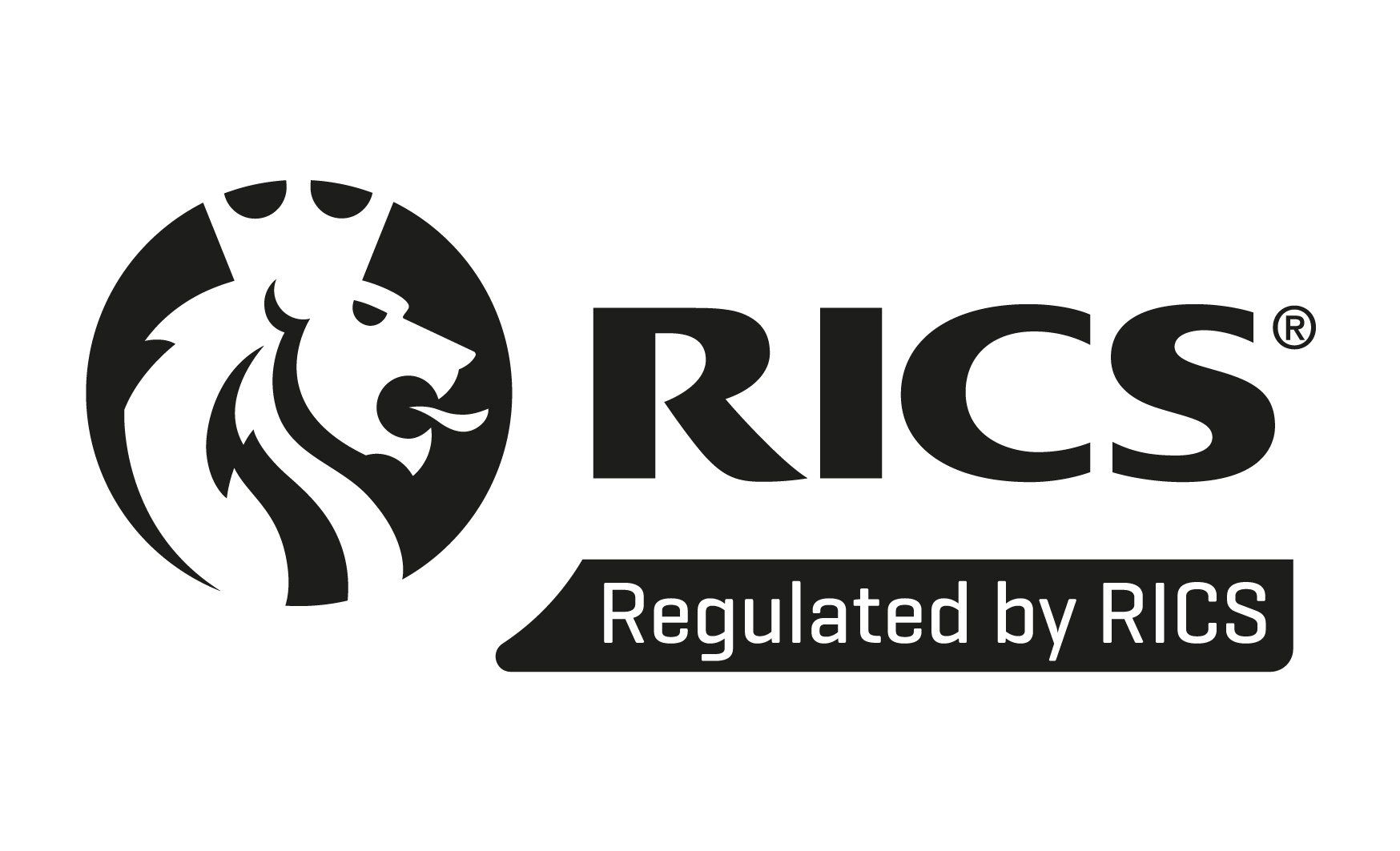
+44 01993 883 974
info@evenloderoadside.com
Evenlode Roadside is a trading name of:
Reese Procurement Limited
Registered Address
5 Minton Place
Victoria Road
Bicester, Oxon
OX26 6QB
